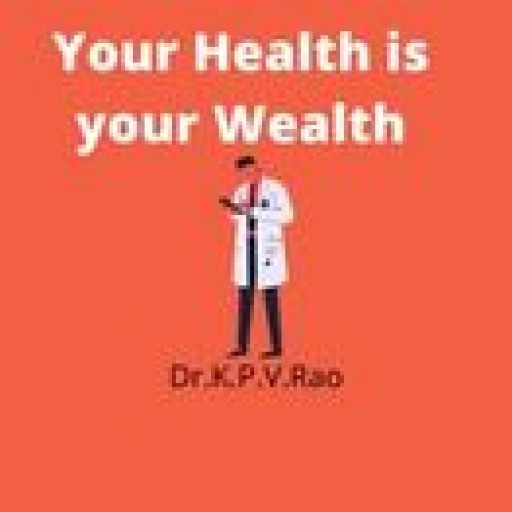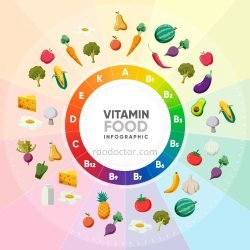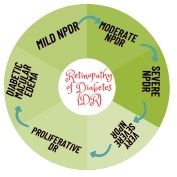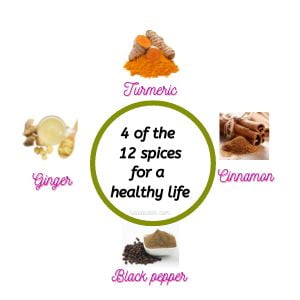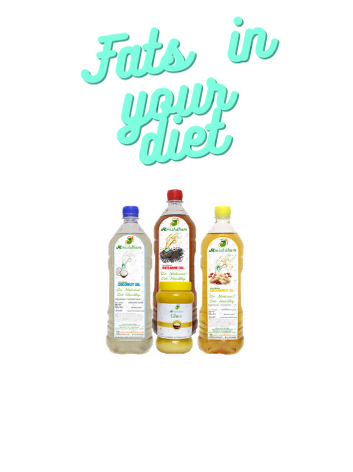Table of Contents
9 Essential Vitamins That Are Crucial for Your Good Health Part-1
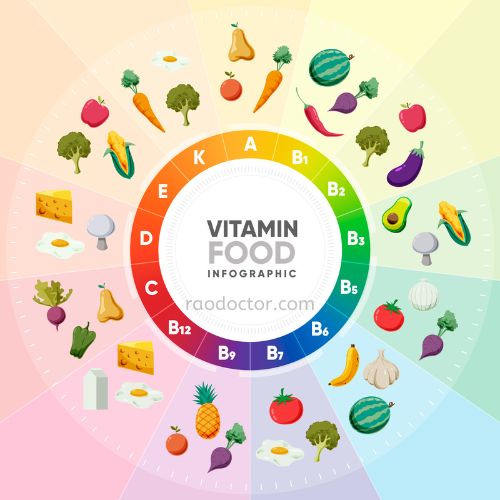
People who lead hectic lives tend to have less time to cook and eat nutritiously. As a result, they are more prone to falling sick frequently. The good news is that it’s possible to get your vitamins and minerals from food alone. However, in case you don’t get enough of them through your diet, you can always take supplements to help meet your daily requirements. In this blog post, we’ll be going over the various vitamins and minerals that are essential for good health.
What Are Vitamins?
Vitamins are essential nutrients that are required for the body to carry out its biochemical functions. Your body can produce some but not all vitamins on its own, which is why you need to get them from your diet. There are 10 essential vitamins that your body needs to function at its optimal level.
They are: Vitamin A, Vitamin B Complex [B1, B2, B3, B4, B5, B6, B7, B9, B12,], Vitamin C, Vitamin D, Vitamin E, Vitamin K, Vitamin P, Vitamin H, Vitamin I, and Vitamin M.
Recommended Daily Intake [RDI] Of Vitamins
The recommended daily intake of each of these vitamins and minerals depends on factors such as age and gender. You can find the recommended daily intakes in food and nutrition books.
It’s worth noting that RDIs are just what’s necessary for the majority of people to avoid deficiency symptoms. They aren’t a target for optimal health.
The upper limit for many vitamins and minerals is set at 2,000 mg per day, so you don’t have to worry about overdosing even if it’s hard to get everything you need from food alone.
There is no one-size-fits-all answer to this question, as the recommended daily intake of vitamins varies depending on factors such as age, gender, and level of activity. However, the general recommended daily intake for most vitamins is as follows:
- Vitamin A: 700-900 micrograms
- Vitamin B1 (thiamine): 1.1-1.2 milligrams
- Vitamin B2 (riboflavin): 1.3-1.4 milligrams
- Vitamin B3 (niacin): 14-16 milligrams
- Vitamin B6: 1.3-1.7 milligrams
- Vitamin B9 (folate): 400 micrograms
- Vitamin B12: 2.4 micrograms
- Vitamin C: 75-90 milligrams
- Vitamin D: 5 micrograms
- Vitamin E: 15 milligrams
- Vitamin K: 80-120 micrograms
Vitamin A
Vitamin A is a fat-soluble vitamin that helps to maintain healthy skin and eye tissue, as well as immunity. In addition to that, vitamin A also helps to regulate metabolism and the formation of bone. However, the recommended daily intake of vitamin A varies depending on factors such as gender and age. For example, the recommended daily intake for adult men is 900mcg whereas for adult women, it is 700mcg.

Although vitamin A is present in a wide range of vegetables, fruits, and animal products like fish [e.g.cod liver oil], it is especially high in carrots and sweet potatoes.
Vitamin B
Vitamin B comes as a complex. The various components in this complex, their availability, dosage and uses are as given below-
| Vitamin B name | Available in these foods |
|---|---|
| B1- Thiamin | Rice 🍚, whole grains,nuts,cereals, green leafy vegetables 🍃 pork, |
| B2- Riboflavin | banana 🍌 pomegranates, guavas, grapes 🍇 strawberry 🍓 |
| B3- Niacin | eggs 🥚meat 🍖 chicken 🐔 fish 🐟 mushrooms 🍄 |
| B5- Pantothenic Acid | Peanuts 🥜, legume, liver, kidney, yeast, eggs 🥚 |
| B6- Pyridoxine | shellfish, nuts, greens 🥬🍗🥩🥗🍍 |
| B7- Biotin | 🍄, meat🥩, legumes🍲🥦cauliflower, beans |
| B9- Folate or Folic acid | Pumpkin🎃, seeds, cereals |
| B12- Cyanocobalamin | Cheese🧀, liver,eggs,milk🥛 |
Vitamin B is a catch-all term for a group of 8 water-soluble vitamins that play an essential role in energy metabolism and nervous system function. In addition to that, vitamin B9 is also essential for the formation of red blood cells.
The recommended daily intake of vitamin B depends on factors such as age and gender. For instance, children aged between 1 and 3 years old require a daily intake of 4.5 mg, while adults require between 2.4 and 2.6 mg per day.
The Recommended Daily Intake (RDI) for the Vitamin B complex vitamins are as follows:
Vitamin B1 (thiamine): 1.2 mg
Vitamin B2 (riboflavin): 1.3 mg
Vitamin B3 (niacin): 16 mg
Vitamin B6 (pyridoxine): 1.7 mg
Vitamin B7 (biotin): 30 mcg
Vitamin B9 (folate): 400 mcg
Vitamin B12 (cobalamin): 2.4 mcg
These RDIs are based on the needs of the average healthy adult. However, your specific RDI may be different depending on your age, sex, and health status. If you have any questions about your RDI, please consult a healthcare professional.
You can find vitamin B in nuts, legumes, as well as whole grains. Vitamin B is also present in sufficient amounts in vegetables and fruits.
Vitamin C
Vitamin C is a water-soluble vitamin that is essential for maintaining healthy bones and connective tissues. In addition to that, this vitamin is also crucial for the formation of collagen, which is important for wound healing. The recommended daily intake of vitamin C for adults is 90 mg. This you get through your normal meals.

You can find vitamin C in citrus fruits, berries, and kiwifruits. Vitamin C is also present in other fruits and vegetables, but in lesser amounts. Still, eating a wide variety of fruits and vegetables will keep your vitamin C intake at a healthy level.
Vitamin D

Vitamin D is a fat-soluble vitamin that is crucial for the proper absorption and utilization of calcium. In addition to that, vitamin D is also necessary for the proper functioning of the immune system.
The recommended daily intake of vitamin D varies depending on factors such as age and gender. For instance, infants and young children require a daily intake of 10 mcg or 400IU per day, while most adults require between 40 and 50 mcg per day or 1600 to 2000IU per day.
Vitamin D is present in salmon, tuna, and mackerel as well as in eggs. Vegetables such as broccoli and mushrooms also contain small amounts of this essential vitamin.
Vitamin E
Vitamin E is another fat-soluble vitamin that plays a role in the proper function of the cardiovascular system. In addition to that, this vitamin is also crucial for the proper functioning of the nervous system. The recommended daily intake of vitamin E varies depending on factors such as age and gender.
For example, infants and children aged 1 to 3 years require a daily intake of 4 mg, while adults require between 15 and 20 mg per day.

Foods containing Vitamin E-
- wheat germ
- almonds
- sunflower seeds
- hazelnuts
- spinach
- broccoli
- kiwi
- papaya
- avocado
Conclusion-
So far, I have covered five essential vitamins in this article. The remaining four I will discuss in my next article.
Now, if you have enjoyed reading this article will you please consider sharing it with your friends and groups? Here is the link for sharing on Twitter [if you have an account there]-
9 Essential Vitamins to lead a healthy life Share on XDos and Don’ts While Taking Vitamins
As with any other supplement, make sure to follow the dosage instructions on the label to avoid any unwanted health effects. Be sure to take vitamins and minerals at different times of the day to avoid any possible interactions. In addition to that, you should also avoid taking certain medications while taking certain vitamins and minerals. For instance, you should avoid taking iron supplements if you’re on the blood-thinning medication warfarin and avoid taking calcium supplements if you’re taking an ACE inhibitor.
Useful resources
Disclosure-
Some of the links used in this article are affiliate links. i.e., if you sign up for their paid program or make a purchase, I will get a commission, at no extra cost to you. Please be rest assured that I only recommend software/ products I genuinely believe in, and trust to be good for you too.
